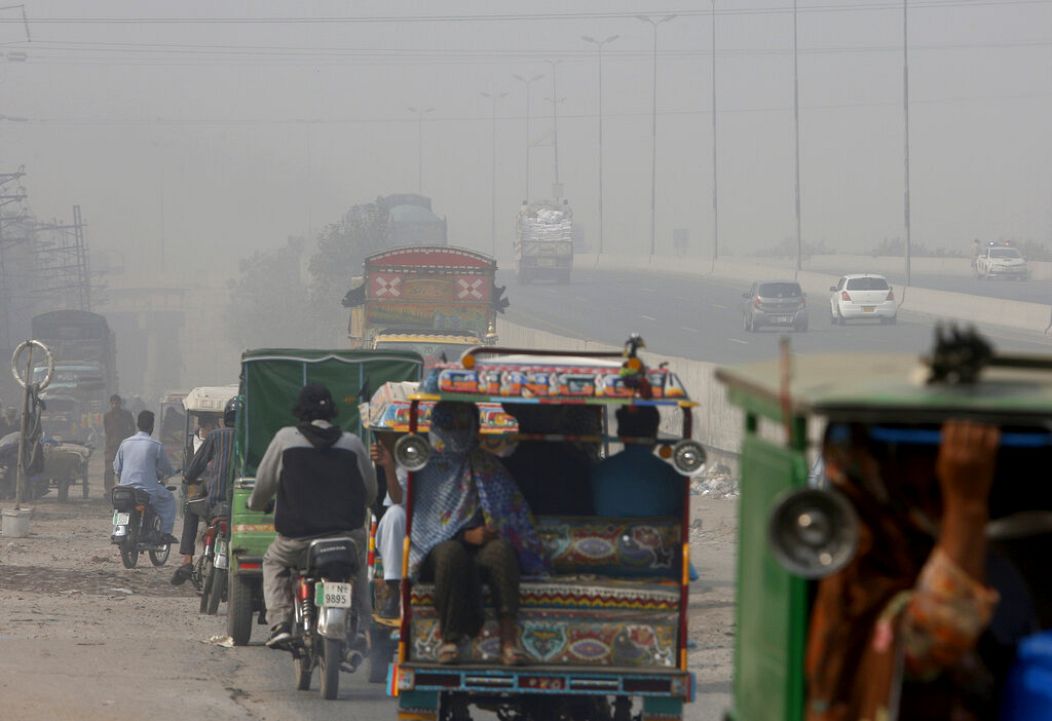After enjoying cleaner air in lockdown, Pakistan pollution reaches hazardous levels again.
Pollution in the Pakistani city of Lahore has reached hazardous levels again this month, contrasting with the excellent air quality residents enjoyed earlier this year.
Lahore, once dubbed the city of gardens, remained pollution-free for months after March when the government imposed a lockdown to contain the spread of coronavirus. But when the restrictions were lifted in May, a return to industrial activities and normal businesses caused pollution to creep back up to unhealthy levels once again.
A study of Lahore’s air pollution levels in lockdown, compared with the same time last year, revealed how dramatically halting traffic and the industrial sector (the two greatest contributors to pollution) improved air quality in the city. The majority of Lahore went from ‘very unhealthy’ and ‘healthy’ in March 2019 to ‘moderate’ (one below ‘good’) during the lockdown in March 2020.
Return to pre-lockdown levels
On Thursday, a thick blanket of smog enveloped Pakistan's cultural capital of Lahore, prompting officials to warn that tens of thousands of the city's residents risk respiratory disease and eye-related problems. Doctors urged people to stay at home.
The air quality in Lahore has deteriorated to hazardous levels once again, putting an additional burden on the fragile healthcare system amid a surge in coronavirus deaths and new infections.
"The transport sector counts for about 45 per cent of air pollution, followed by the energy and industrial sectors at about 20 per cent each,” says Rafay Alam, an environmental expert.
“The remaining air pollution comes from things such as crop burning, fugitive dust, construction dust or road dust that’s emitted when carts move around."
The Air Quality Index at one point rose to 750 in the city's poorer areas - which is about 12 times the recommended level. Earlier in the day, Switzerland-based air quality information platform IQair declared Lahore the second most polluted city, after New Delhi, India's capital.
Calls to clean up the city’s industrial sector
Now, having experienced the benefits of less pollution during lockdown, residents are calling upon the Pakistani government to do something about it.
"When we all leave our houses in the morning, the weather causes irritation in the eyes,” says student, Tanzeel Ali. “There is a problem with breathing. The government should find a solution for this smog."
For the time being, the government has urged people to wear face masks for protection both from pollution and the coronavirus.












